How Online Gaming Has Shaped Online Communication
PocketEpiphany
Published
08/16/2021
in
facepalm
It’s an open secret that online communication doesn’t really convey tone. That’s why your girlfriend texting “I’m fine” could be a true statement or indicate a nasty incoming breakup.
Believe it or not, online communication via games has made online discourse even worse. And here’s our deep dive on exactly how and why that happened.
Believe it or not, online communication via games has made online discourse even worse. And here’s our deep dive on exactly how and why that happened.
- List View
- Player View
- Grid View
Advertisement
-
1.
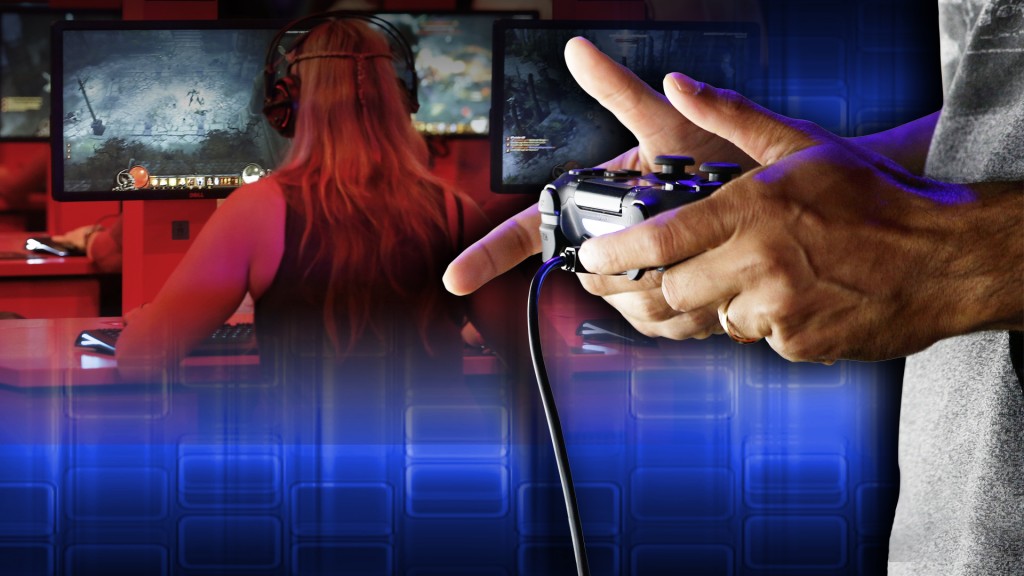 It’s Worse Than You Think
It’s Worse Than You Think
At this point, it’s worth addressing the elephant in the room. In this case, that’s the big question: how big is this issue?
Plenty of people play online video games, and many of them have not experienced any kind of online harassment. But studies have shown that this issue is worse than you might imagine.
According to research from the Anti-Defamation League, 81% of online gamers have experienced some form of harassment. In other words, this isn’t an isolated issue, and if you were to survey five online gaming friends, four of them would likely report some form of online harassment. -
2.
 Why Is This A Big Deal?
Why Is This A Big Deal?
The other big question is this: why is online harassment in games such a big deal? As the old meme jokingly suggests, can’t we simply fight cyberbullying by turning off the computer or console?
Not exactly. First of all, nearly two-thirds of adults play games online, so when we say that 81% of them have experienced harassment, we are saying that the majority of the population encounters such harassment.
Second of all, the “online” part of “online harassment” is baked in. Sure, you can turn off a computer or console, but that means giving up on playing your favorite games. And that gives online bullies exactly what they want.
Finally, online harassment can have real-world consequences. This may range from players giving up games all the way to players committing suicide due to persistent online harassment! -
3.
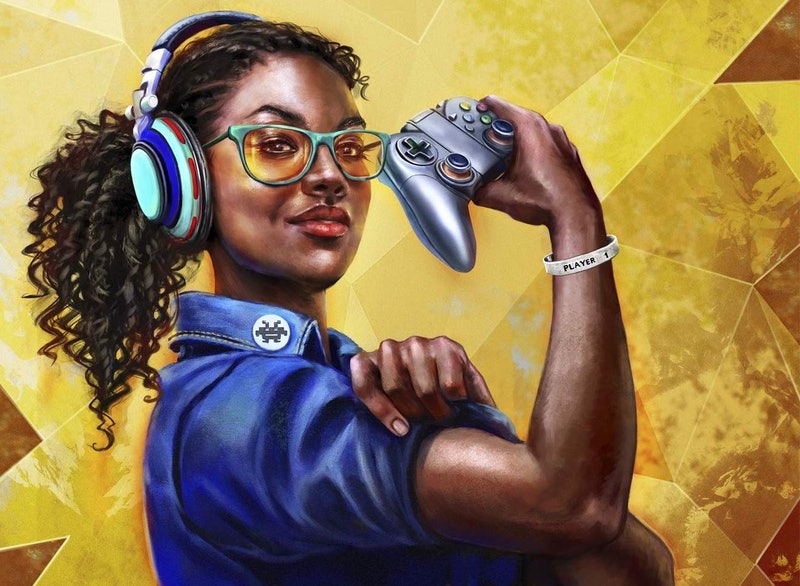 Major Effect On Women
Major Effect On Women
By the numbers, online harassment is something that affects the majority of the population. But it is worth noting that women face a unique form of cyberbullying that impacts their gameplay experience.
Despite more women playing games each year, there is still a perception that games and gaming spaces are designed for men. As a result, there is a fair amount of malicious behavior from male gamers towards female players, including harassment in online chat and through direct messages.
Keep in mind that 88% of women play competitive games online. But many of them feel compelled to play with male avatars, skip out on voice chat, and take other extreme measures to avoid sexual harassment. And the gamers engaged in this harassment never seem to realize that driving off half the potential players of any game is a surefire way to make it fail. -
4.
 The Anonymous Effect
The Anonymous Effect
It’s easy enough to point to examples of online harassment in games. But that brings us to the big question: what, exactly, makes so many online gamers act like colossal douchebags?
It mostly comes down to the anonymity of online gaming. Research from Noam Lapidot-Lefler and Azy Barak discovered that being online really breaks down the average person’s empathy. Specifically, they found that the lack of eye contact in online communications contributed to online “disinhibition.”
That’s a fancy word for doing what you want on a whim without any inhibitions. And it may help explain why some gamers can be so monstrous towards people they don’t have to look in the eye. -
5.
 It’s Not Limited To Gaming
It’s Not Limited To Gaming
It’s worth noting that most of the research about this lack of empathy isn’t contained to online gaming. Instead, there seems to be a general breakdown of empathy regarding almost all online behaviors. This is why people leave insane comments on Youtube and Reddit and generally act like assholes across social media: the same anonymity factor that affects online gaming affects pretty much every online medium.
And the lack of empathy online may be extending to a lack of empathy offline as well. A University of Michigan study found that empathy among college students has dropped 40% since the year 2000. While our increasingly digital world plays a part in that, it should be concerning to anyone that the lack of empathy lasts indefinitely after the computers are turned off and the cellphones are put on the charger. -
6.
 Competition Over Reinforcement
Competition Over Reinforcement
While the lack of empathy is not limited to gaming, it may be worse in some gaming circles. And this is because most games don’t offer an easy method to positively interact with others.
Just think about social media and group chats. It’s very easy to convey positive emotions towards other people with a like, an emoji, or an animated GIF, even if you can’t find the right words to express yourself. In fact, Boston Globe writer Michael Brodeur argued that this is the modern form of empathy as we all adjust to life in the digital world.
But most games are centered around competition. This may mean limited communication with opponents outside of gestures like teabagging. And the all-consuming need to win at all costs means that even communication with allies devolves into arguments about who screwed up. In short, not much in the way of positivity, reinforcement, or empathy. -
7.
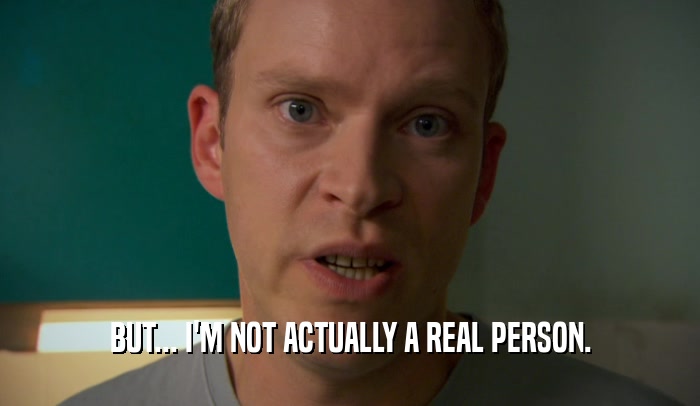 From virtual reality to no perception of reality
From virtual reality to no perception of reality
At this point, you may be asking another big question: “how do we solve this problem?” Unfortunately, that’s a big question without an easy answer!
According to Dr. Helen Riess, author of The Empathy Effect, internet trolls literally don’t perceive the humanity in others. In fact, she wrote that “Interviews with internet trolls are shocking in that they reveal these online agitators don’t tend to view their victims as real people.”
That is concerning on many levels, but how can we solve the problem of man’s inhumanity towards man when the main culprits see little distinction between a video game player and an enemy or NPC within the game?
Bizarrely enough, games may be approaching a solution to this persistent problem, and that is by transforming games into social spaces. As annoying as Fortnite can be, the devs’ insistence on using the game as a platform for things like concerts helps undercut the need for constant competition.
And if players can see these virtual avatars as real people instead of just soulless animations, then there may be some shining empathy waiting for all gamers at the end of this long, dark tunnel.
- REPLAY GALLERY
-
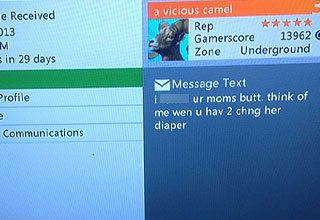
- How Online Gaming Has Shaped Online Communication
- NEXT GALLERY
-
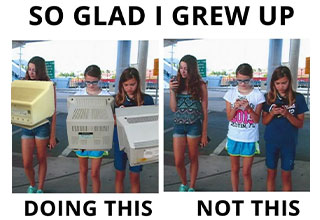
- 32 Gaming Memes For Gamers Who Game
It’s Worse Than You Think
At this point, it’s worth addressing the elephant in the room. In this case, that’s the big question: how big is this issue?
Plenty of people play online video games, and many of them have not experienced any kind of online harassment. But studies have shown that this issue is worse than you might imagine.
According to research from the Anti-Defamation League, 81% of online gamers have experienced some form of harassment. In other words, this isn’t an isolated issue, and if you were to survey five online gaming friends, four of them would likely report some form of online harassment.
7/7
1/7






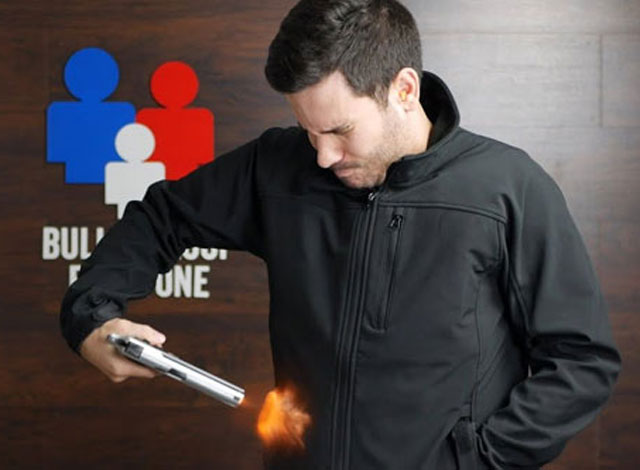
8 Comments